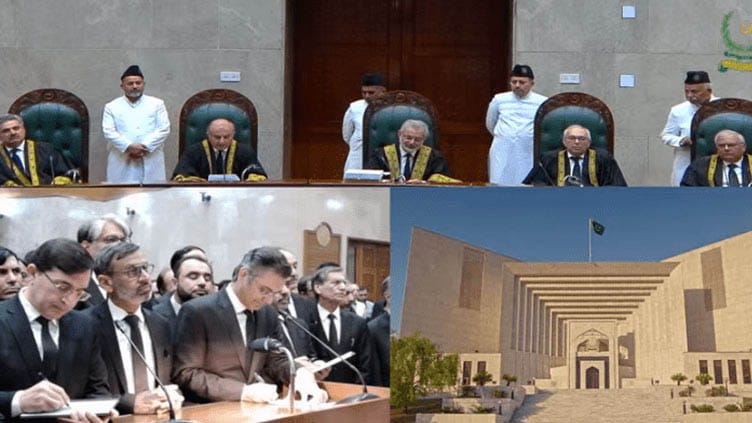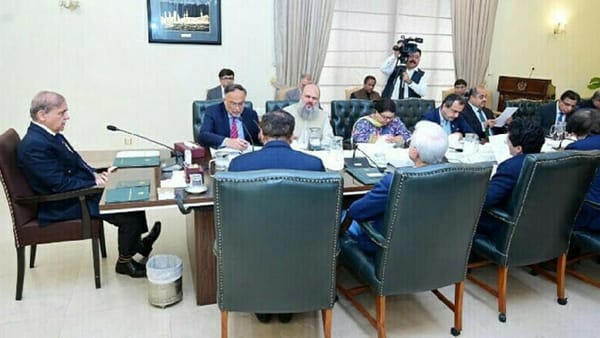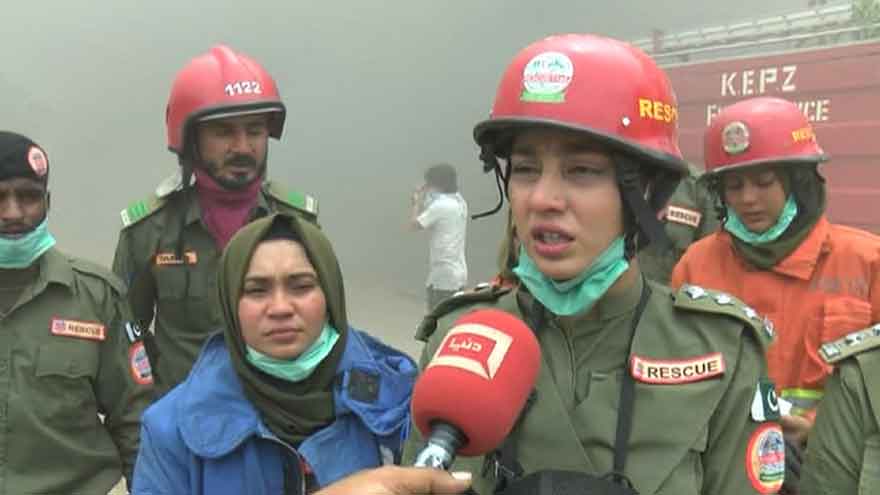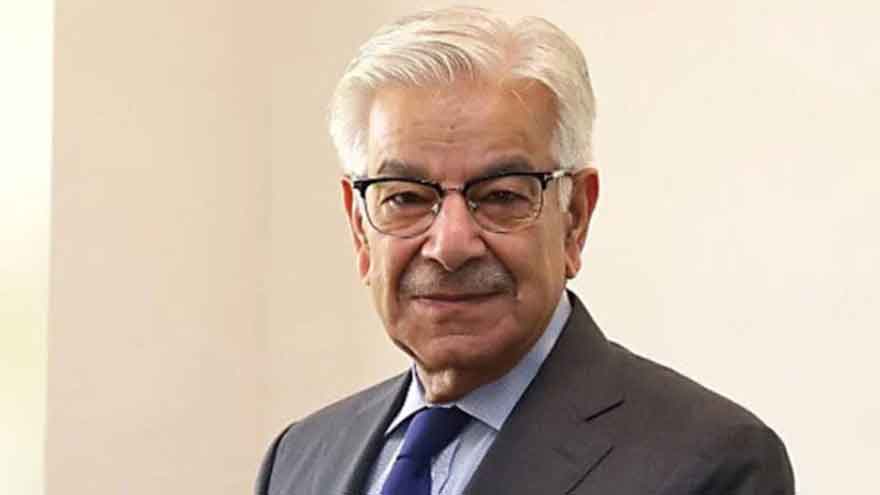SC Grants Reserved Seats to PTI

Islamabad: In a landmark decision, the Supreme Court of Pakistan has overturned the Peshawar High Court's ruling and the Election Commission's directive, granting reserved seats to Pakistan Tehreek-e-Insaf (PTI).
A 13-member full bench led by Chief Justice Qazi Faez Isa declared the Election Commission's decision unconstitutional. The judgment, authored by Justice Mansoor Ali Shah, saw an 8-5 majority ruling in favor of PTI.
The judges siding with the majority were Justices Mansoor Ali Shah, Shahid Waheed, Ayesha Malik, Irfan Saadat, Athar Minallah, Muneeb Akhtar, Hasan Azhar Rizvi, and Muhammad Ali Mazhar. Chief Justice Qazi Faez Isa, along with Justices Jamal Mandokhail, Naeem Akhtar Afghan, and Aminuddin Khan, opposed the petitions, while Justice Yahya Afridi penned a dissenting note.
The Supreme Court declared that PTI remains a legitimate political party entitled to reserved seats. Justice Mansoor Ali Shah, delivering the verdict, annulled the decisions of the Election Commission and Peshawar High Court, stating that the absence of an electoral symbol does not disqualify a party from participating in elections.
The court emphasized that electoral symbols are not prerequisites for a party's election participation. Consequently, reserved seats for women and minorities in Punjab, Khyber Pakhtunkhwa, and Sindh are to be allocated to PTI.
The court dismissed the appeals of Sunni Ittehad Council, upholding PTI's status as a political party in both parliament and provincial assemblies. PTI is given 15 days to submit a list of individuals for these reserved seats.
Chief Justice Qazi Faez Isa criticized the Election Commission for failing to fulfill its responsibilities and declared the Peshawar High Court decision void. He mandated the reallocation of reserved seats and underscored that PTI candidates should declare their affiliation without external pressure.
The court's decision follows a series of hearings, with the Sunni Ittehad Council initially seeking reserved seats on February 21. After various legal battles, including appeals to the Peshawar High Court and the Supreme Court, the matter culminated in this pivotal ruling on July 12.




